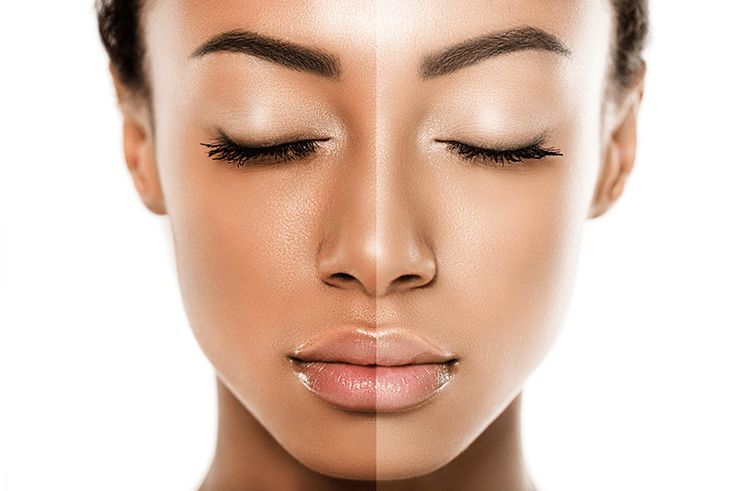The Dangers of Skin Bleaching: Understanding the Risks

In the vibrant and ever-evolving landscape of Nigerian entertainment, the allure of fashion is undeniable. From the bustling streets of Lagos to the glitzy red carpets of movie premieres and awards shows, Nigerian celebrities consistently captivate audiences not only with their talent but also with their impeccable sense of style. In this article, we delve into the world of Nigerian celebrity fashion, exploring the trends, influencers, and iconic moments that have shaped the country's sartorial scene.
In many parts of the world, fair skin is often associated with beauty, success, and social status. This cultural preference has led to the widespread practice of skin bleaching, particularly in regions where people of color face societal pressure to conform to Eurocentric beauty standards. However, beneath the surface allure of lighter skin lies a plethora of health risks and societal implications. In this article, we delve into the dangers of skin bleaching, shedding light on its physical, psychological, and social consequences.
Skin bleaching, also known as skin lightening or whitening, refers to the use of chemical substances to lighten the skin tone. These substances typically work by inhibiting the production of melanin, the pigment responsible for skin color. While some individuals turn to skin bleaching for cosmetic reasons, others use it to address hyperpigmentation, acne scars, or uneven skin tone. However, the quest for lighter skin comes at a steep price.
One of the most significant dangers of skin bleaching is the risk of skin damage and adverse reactions. Many bleaching agents contain potent chemicals such as hydroquinone, mercury, corticosteroids, and even industrial-strength bleach. Prolonged use of these ingredients can lead to a host of skin problems, including skin irritation, redness, burning, blistering, and permanent scarring. In severe cases, skin bleaching can cause skin thinning, making individuals more susceptible to infections and sun damage.
Moreover, the toxic substances found in skin bleaching products can have systemic effects on the body, affecting internal organs and overall health. Mercury, a common ingredient in illegal skin bleaching products, is notorious for its neurotoxic and nephrotoxic properties. Chronic exposure to mercury can lead to kidney damage, neurological disorders, and even death. Hydroquinone, another commonly used bleaching agent, has been linked to carcinogenicity and ochronosis, a skin condition characterized by blue-black pigmentation.
Beyond the physical risks, skin bleaching also takes a toll on individuals' mental and emotional well-being. The societal pressure to conform to beauty standards perpetuates feelings of inadequacy and low self-esteem among those who do not fit the mold. Skin bleaching can exacerbate these feelings, leading to identity issues, depression, and anxiety. Moreover, the pursuit of lighter skin can fuel colorism, discrimination, and social inequalities, further perpetuating harmful stereotypes and prejudices.
In response to the growing concerns surrounding skin bleaching, regulatory agencies and public health organizations have taken steps to address the issue. Many countries have banned or restricted the use of harmful bleaching agents, enforced regulations on product labeling, and launched public awareness campaigns to educate the public about the risks of skin bleaching. Additionally, there is a growing movement towards embracing natural beauty and celebrating diverse skin tones, challenging the notion that lighter skin is inherently superior.
In conclusion, while skin bleaching may promise temporary cosmetic benefits, the risks far outweigh the rewards. From skin damage and health complications to psychological distress and societal implications, the dangers of skin bleaching are multifaceted and profound. It is imperative to prioritize skin health and embrace one's natural beauty, regardless of societal pressures or cultural norms. By promoting self-love, acceptance, and inclusivity, we can create a world where every skin tone is celebrated and respected.